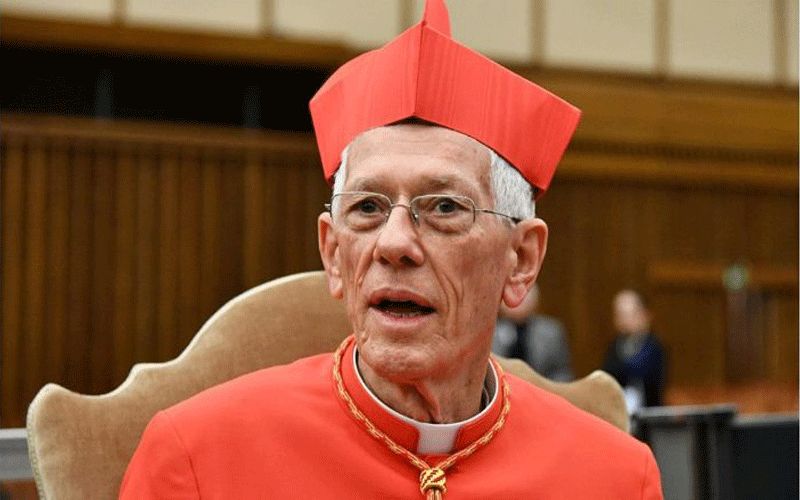Port Louis, 18 October, 2019 / 2:32 am (ACI Africa).
In a country constituted and defined by people from different origins, horizons, civilizations, and cultures including language and religion, among other distinguishing factors, the Bishop of Port Louis, Maurice Cardinal Piat is urging eligible voters in next month's poll to consider going beyond their respective ethnic affiliations and vote according to the values of the vying candidates.
“Vote for people based on their skills and the values they promote, not on the ethnic group to which they belong,” Maurice Cardinal Piat stated in a pastoral letter dated October 15, seen by ACI Africa.
The Prime Minister of Mauritius, Pravind Kumar Jugnauth announced the holding of general elections after dissolving the parliament, America-based VOAnews has reported. By law, the country has between 30 and 150 days to organize elections after the Prime Minister dissolves parliament.
The November 7 poll is expected to result in a 70-member Assembly with a 5-year term of office and must lead to the formation of a multi-party majority coalition, which will appoint the country’s Prime Minister, Africa News has reported.
Jugnauth, who is also Finance Minister, will be seeking another term as leader of the Militant Socialist Movement (MSM).








